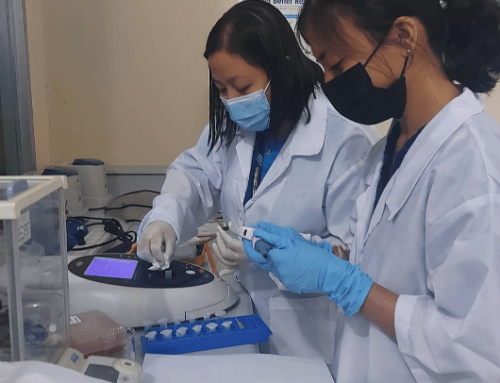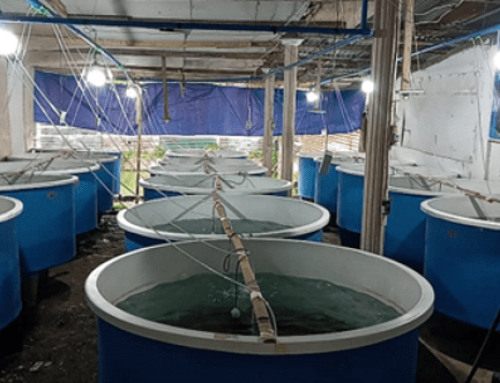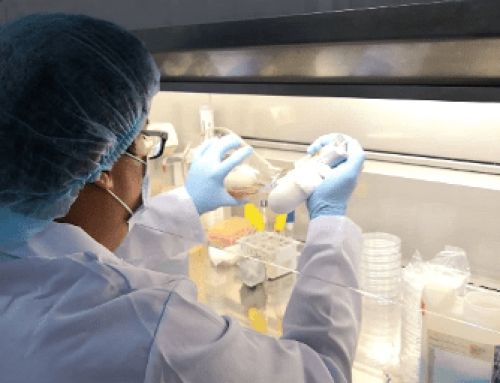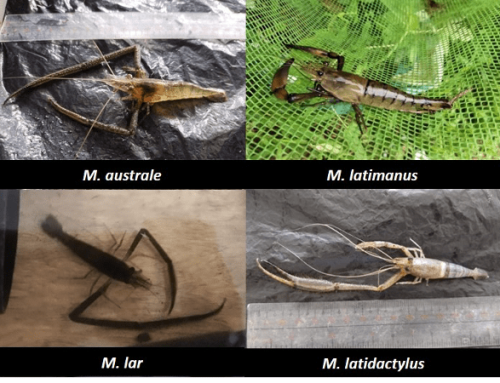In this Article

Shrimp aquaculture is considered globally as an economically important industry, providing a major source of livelihood especially in countries with large coastal areas such as the Philippines. However, a bacterial disease such as White Spot Syndrome Virus (WSSV), contributes to the decline in shrimp production. Thus, early monitoring strategies for diseases is an integral part in shrimp farm management.
To address this problem, the University of Santo Tomas developed the JAmp (Juan Amplification) Detection Kit that detects the presence of the WSSV in shrimps. The kit is based on Loop Mediated Isothermal Amplification (LAMP), a molecular diagnostic assay, which is ten times more sensitive in detecting WSSV than the conventional polymerase chain reaction (PCR). The kit was designed to be an on-site detection platform that serves as an alternative for the more common PCR. It can be used for other diseases as well upon changing/customizing the platform. The kit contains DNA extraction procedure and a LAMP assay master mix with specifically designed primers for the detection of WSSV.
The detection kit is simple to use and cost-effective. It can be used on-site and give results within an hour. The kit has been pilot-tested in Bohol, Cebu, Davao, General Santos, and Iloilo. Eighteen kits were turned over to the shrimp operators/ beneficiaries nationwide.
This kit would greatly help in improving farm management practices and reduce the country’s dependence on expensive and imported diagnostic kits.








